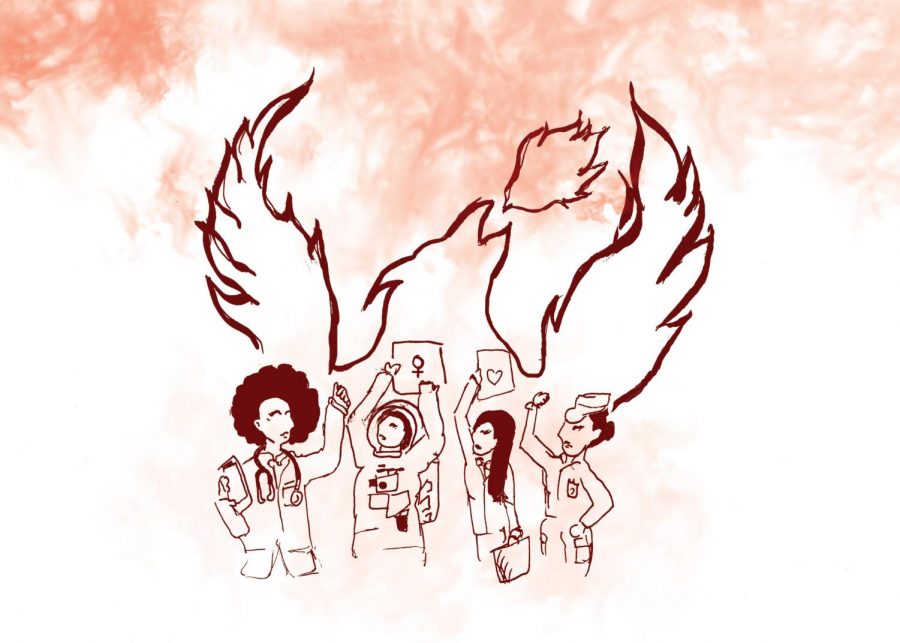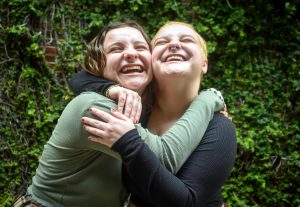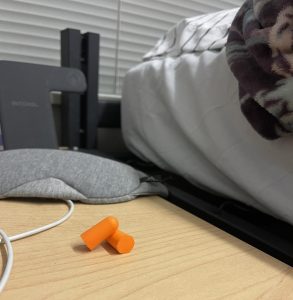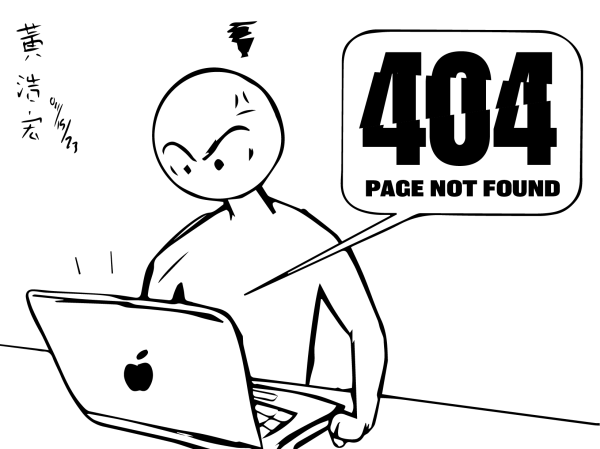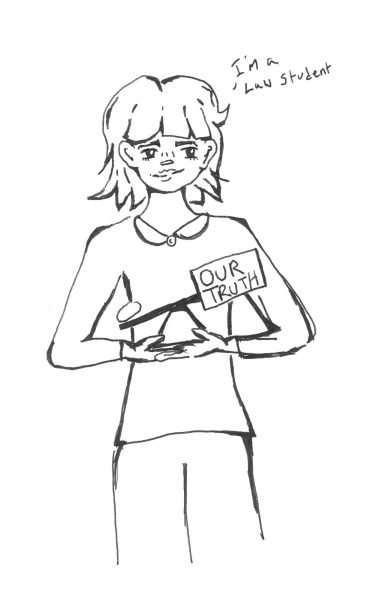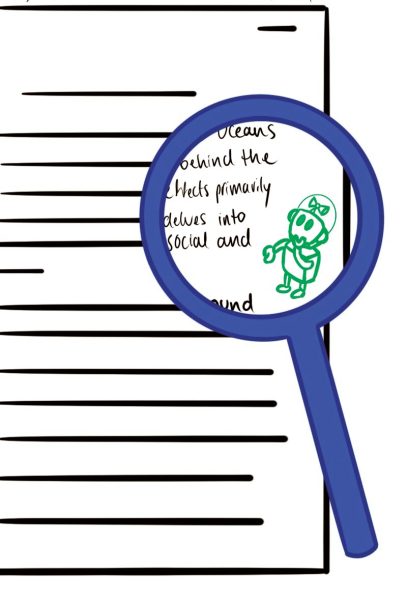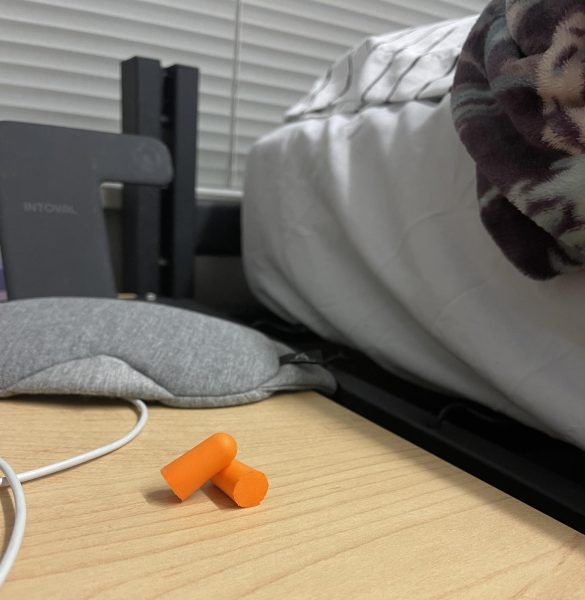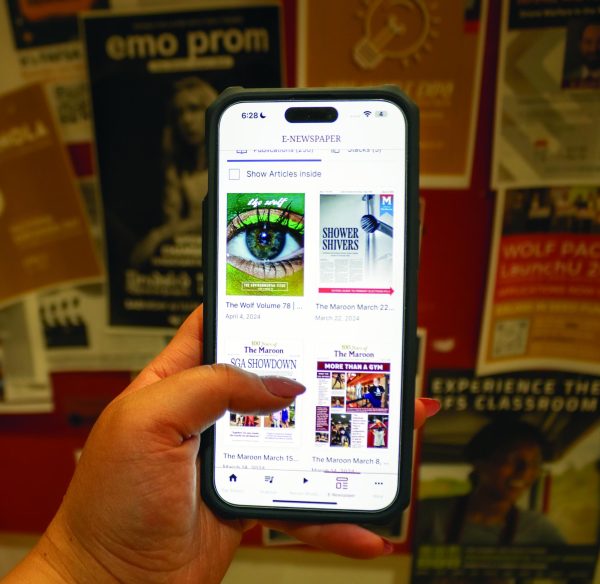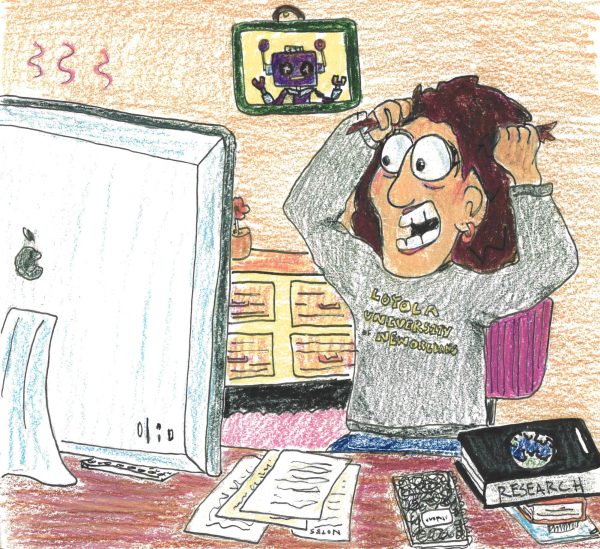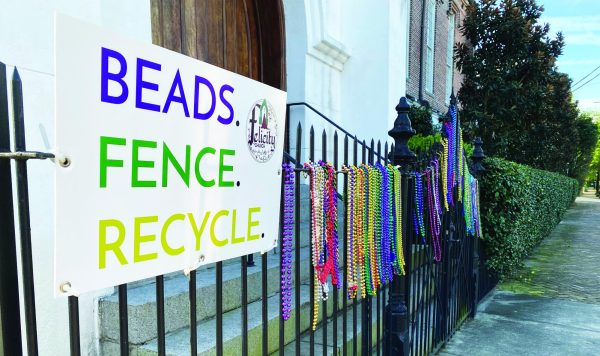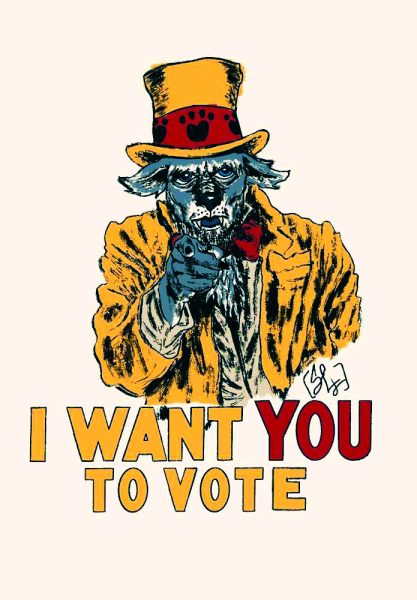Opinion: Let’s make the world a more feminist place
March 19, 2021
To celebrate Women’s History Month, I honor the phenomenal feminists who founded and cultivated the Women’s Studies program and the Women’s Resource Center (WRC) at Loyola University New Orleans. They epitomize Loyola’s mission of seeking to “lead meaningful lives with and for others; to pursue truth, wisdom, and virtue; and to work for a more just world.” To that end, they strive to empower women and advance intersectional feminism.
Loyola opened the first WRC in a shotgun house on Loyola Street in 1975. Under the leadership of Director Carol Deinhardt Mawson, the center hosted successful conferences and developed courses to empower women. Although it made a profit, the WRC closed in 1980. Yet the feminist spirit survived and motivated Professors Constance Mui, Barbara Ewell, Nancy Fix Anderson, Catherine Wessinger, and Sister Fara Impastato to create the women’s studies program in 1989 and to reopen the WRC in 1995. Susanne Dietzel became the first director followed by Karen Reichard and Julie Thibideaux.
When I became the WRC director in 2015, I hoped to build upon the work of these exceptional feminists. With the phenomenal mentorship of Constance Mui and Valerie Goertzen and the passionate commitment of Loyola students, the WRC became the heart of my world. I loved coming to work every day as the student staff grew to 40 and our living room filled with intersectional feminists. In March 2020, we prepared to launch our fifth annual Feminist Festival that included events celebrating the centennial of the Nineteenth Amendment and the 55-year anniversary of the Voting Rights Act. However, the COVID-19 virus sweeping across America and infecting thousands in our beloved city halted our world on March 11. I will never forget the strange and sad silence in the WRC as I packed up my office and moved our operations online.
Yet I found that the center is much more than a physical space. Not even a terrifying pandemic has the power to destroy Loyola’s feminist spirit. As my colleagues, WRC students, and I reached across the distance through zoom rooms, we fostered a vibrant virtual space. We publish our magazine, The Feminist Forum; host weekly Feminist Fridays; develop virtual programs, including Take Back the Night and the Women’s Filmmaker Festival; and launch social media campaigns. We also debuted the WRC’s At The Intersection talk show. Women’s studies professors teach courses, hosted the annual Nancy Fix Anderson and Barbara C. Ewell writing contest, and organize Zoom research talks. We persist.
Nearly five years ago, after engaging in a discussion with my students about how often feminism had risen from the ashes after society declared it dead, we decided on a new logo: the phoenix. At Loyola, we often invoke the words of Saint Ignatius to “set the world on fire” in our social justice struggles. Through the dark days of the pandemic and American sociopolitical unrest, we have risen from the ashes and sustained the fire of our intersectional feminist world. It is the privilege of a lifetime to work with Loyola feminists and to serve the struggle many centuries in the making. Although I long for the day that we gather again at our beloved Loyola center, each morning my spirit finds new hope as my colleagues, students, and I rise in our virtual center to make the world a more just—a more feminist place.


